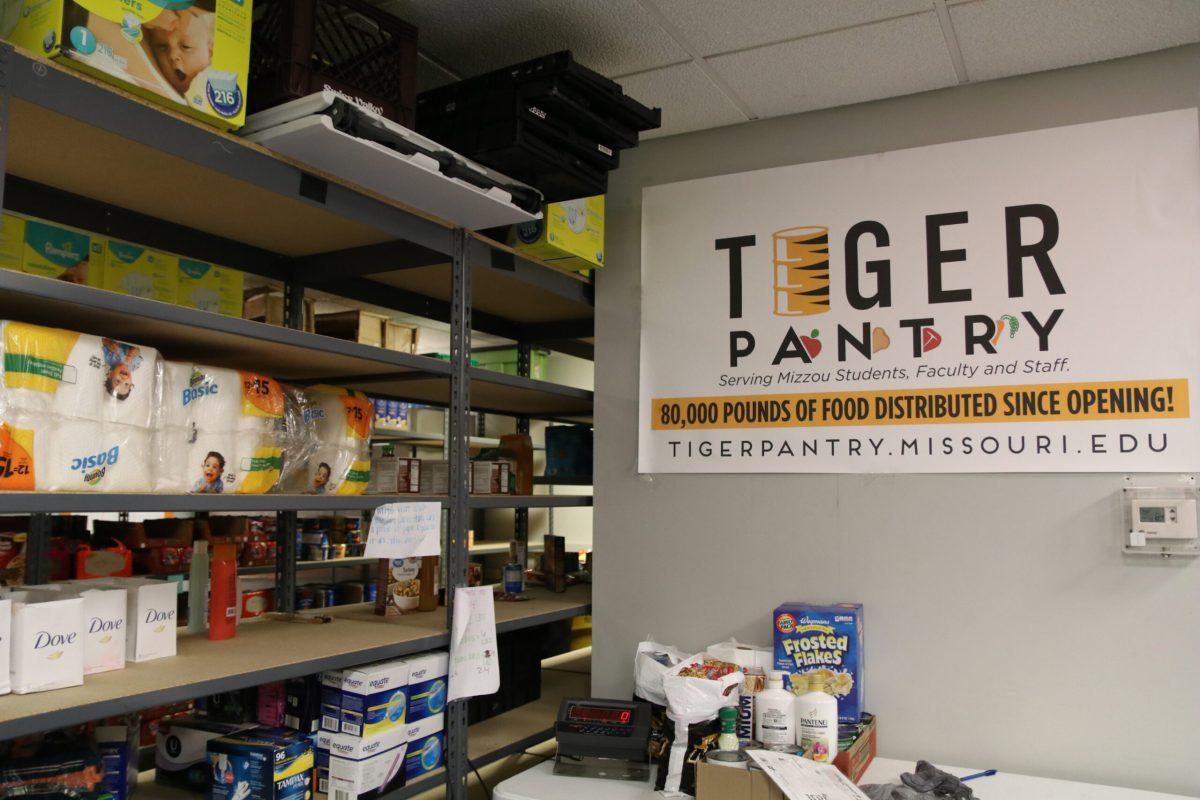_Bryce Kolk is a freshman journalism major at MU. He is an opinion columnist who writes about politics for The Maneater._
As the days get shorter and the holidays approach, canned food drives are inevitable. We’ll ship our old canned goods to the less fortunate and hold our heads higher, knowing we’ve made a difference. Right?
Well, we could do much better for our food banks.
Canned food drives may make us feel warm inside, but they don’t help as much as we like to think.
Food drives can put a significant strain on local food banks, according to Feeding America, a nonprofit network of food banks. Logistical factors, such as sorting and inspection, make processing canned goods difficult and expensive.
These drives also waste food.
As much as 50 percent of food provided to needy families goes uneaten, according to Katherina Rosqueta, executive director of the Center for High Impact Philanthropy at the University of Pennsylvania. It’s not that families are wasteful, they just may not like the food picked out for them.
Food banks are still a desperately needed resource, however. One in seven Americans rely on these food banks to avoid hunger.Though roughly 46 million Americans rely on food banks, America has a surplus of food. The problem isn’t a lack of food, it’s a lack of access.
So, how should we help?
The solution is simple — donate money.
Food banks can stretch less money into more food. They can buy in bulk rates at fractions of retail costs. Rather than pay full price for one can of beans, let a food bank turn that money into five times the amount of food.
Giving money may not feel as rewarding as donating large sums of cans, but it’s clearly the better option for needy families.
MU started the [Donations for Citations](https://www.themaneater.com/stories/news/donations-for-citations-program-offers-students-alternative-for-parking-citations) program, encouraging donations to Tiger Pantry, the on-campus food pantry, instead of paying traditional parking tickets. Violators can drop off 10 non-perishable food items or full-sized hygiene items to the MU Parking and Transportation Services office within five days of receiving a citation. The program is only valid for the first three citations.
Rather than have students buy 10 canned goods to pay off parking tickets, MU should restructure the program. Students could pay a reduced fine for each of their first three violations, but have the revenue go directly to Tiger Pantry. More food could be donated to students and staff in need, and the food pantry wouldn’t be burdened with an abundance of unwanted canned goods.
MU organizations also often use canned foods as admittance to events. The goods would then be donated to Tiger Pantry. These organizations should charge a low admittance fee, and donate the funds, instead. Tiger Pantry can stretch the money much further, and feed more.
None of this is to say canned food drives are bad. They provide desperately needed relief to people in need. A food drive can raise 700 pounds of food per location, or about 583 meals, according to Feeding America. Any charity is welcome, but a cash donation of $700 would translate to 2,100 meals, nearly four times the food.
There are a couple options in Columbia if you’d like to donate.
Tiger Pantry accepts monetary donations online at tigerpantry.missouri.edu. They also have a swipe transfer option, if you’d like to donate directly from your meal plan. Another great option is The Food Bank For Central and Northeast Missouri, which also accepts monetary donations [online](http://sharefoodbringhope.org).
Canned food drives help those in need, but they’re inefficient and expensive. This holiday season, consider a small cash donation to a local food pantry.













